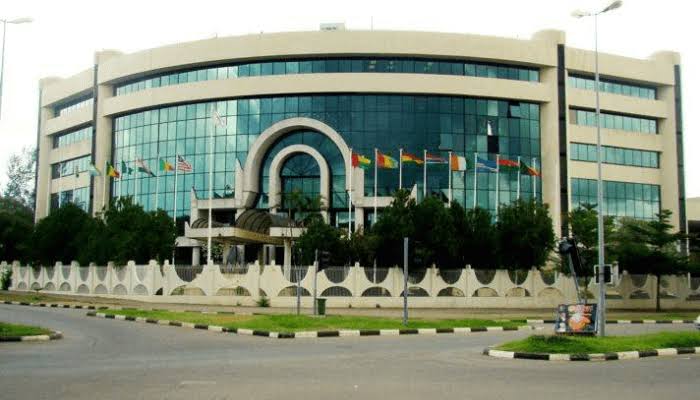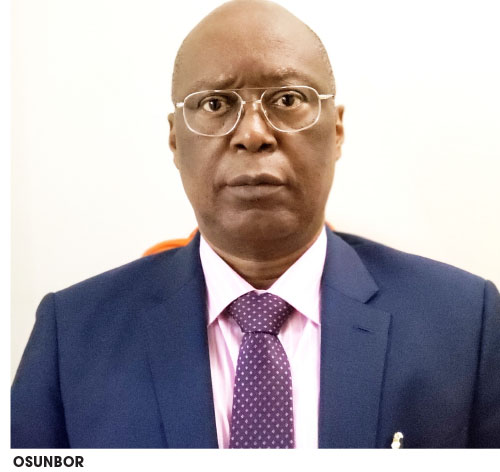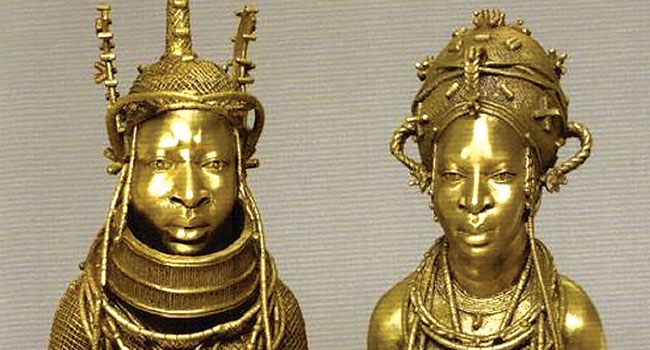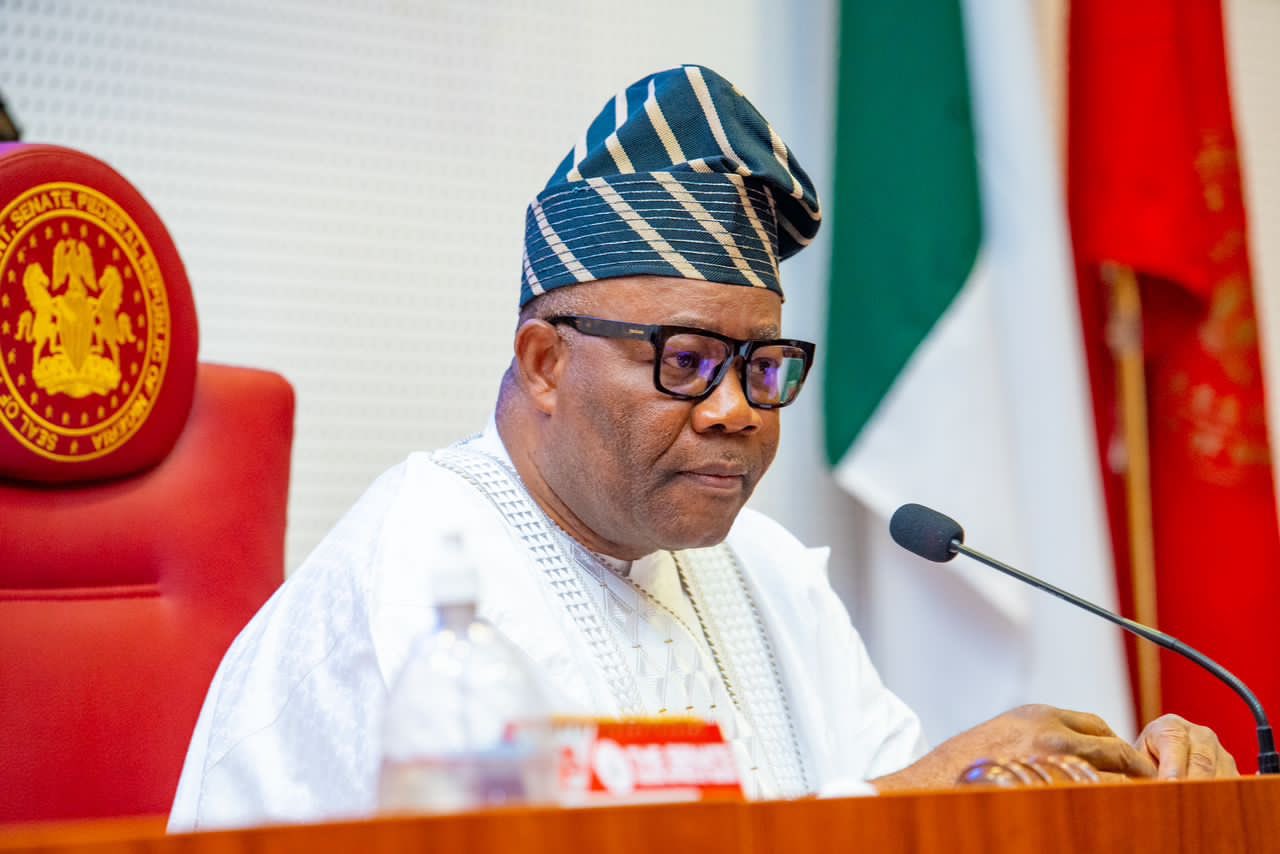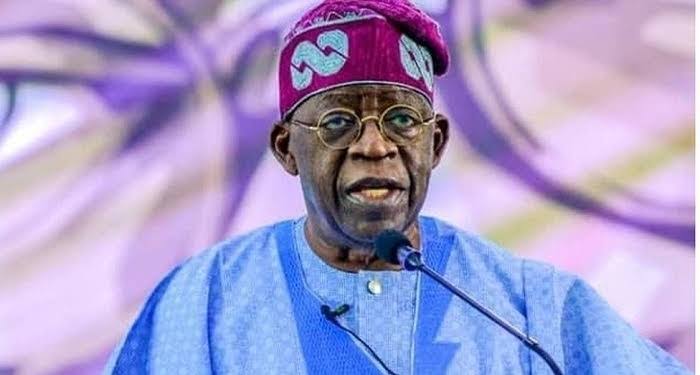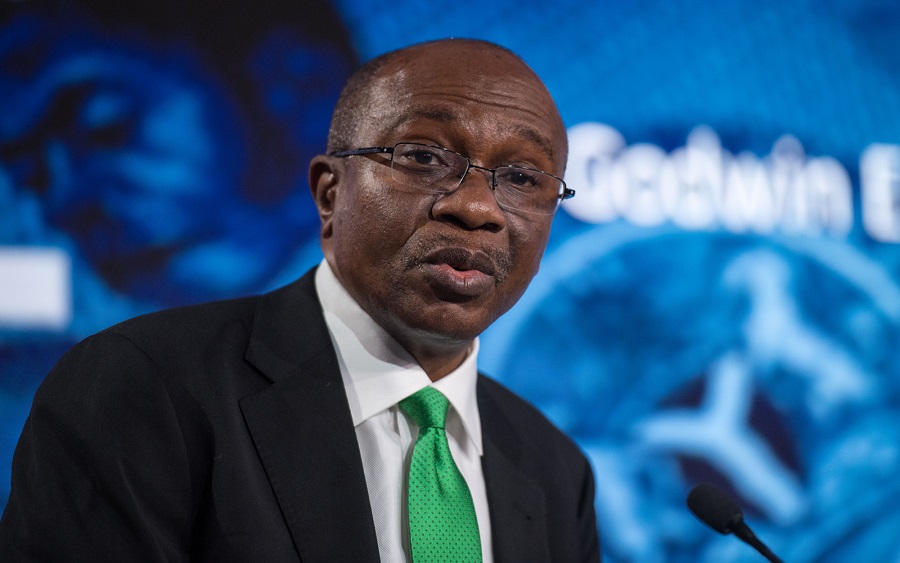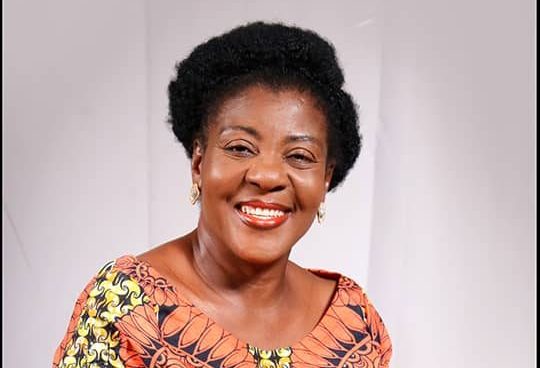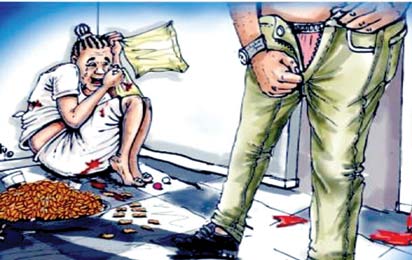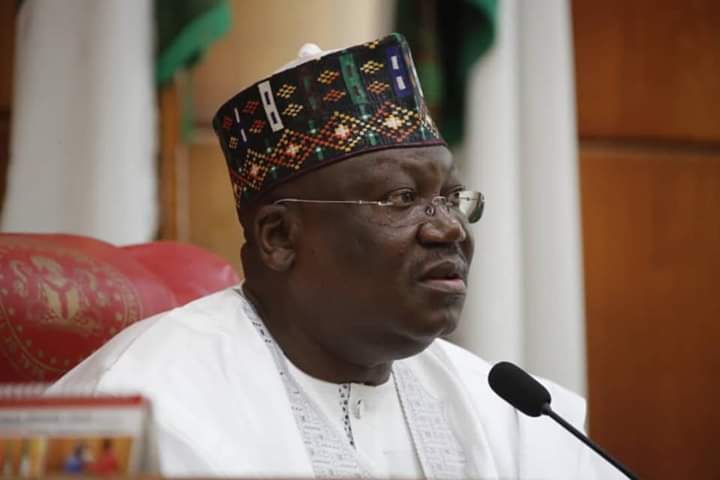…they act with impunity and get away with it but this is not sustainable
…says the Nigeria of today is certainly not what our founding fathers envisaged
Former Governor of Edo State, former Chairman, NLRC, a two-term Senator, a Professor of Law, author of law books, Senator Oserheimen Osunbor in this chat with TNG’s Regional Editor, North, Emman Ovuakporie spoke extensively on various national issues ranging from switch from presidential system to Parliamentary system of governance, Electoral Reforms, the Nigeria of today and many other burning issues.
Read him:
How can our elections be made better? What amendments would you suggest for the electoral laws?
Since 1999,proposals have been made after every election to use the lessons learnt in each election to
improve our Electoral Laws and the quality of our elections. This is to ensure that they are fair, credible
and transparent.
Accordingly, the National Assembly passed Electoral Acts in 2001, 2002, 2006, 2010
and 2022 and in the process introduced progressively far reaching innovations with each amendments.
Regrettably, despite the efforts of legislators at the National Assembly, the quality of the elections has
not improved, if anything, the quality has fallen. The main reason for this is that political parties have
failed to abide by the well intentioned provisions of the Acts to guarantee that political party
candidates emerge through a fair and transparent process.
Often, the political party leaders simply
ignore the law and do as they please in the nomination of candidates. Regrettably, the Judiciary that
should hold the political parties accountable and compel them to respect their own constitution and
guidelines for the election of candidates appear themselves to be complicit as they seemingly bow to political pressure or inducements and wash their hands off the cases with the excuse that they are internal matters of the political parties and not justiciable.
In effect, aggrieved party members are denied justice by the courts. For these reasons, I do not see much need in dissipating efforts on
enacting or reforming electoral laws to promote internal democracy when the courts are unwilling to enforce them.
Unfortunately, we have now reached a point in Nigeria where many political leaders
believe that laws do not matter.
They act with impunity and get away with it but this is not sustainable in the long run. Nigerians are too familiar with the well-publicised cases where the judiciary clearly failed to enforce the provisions of party constitution and guidelines which are contractual in nature
and have binding effect between the political parties and their members. So also is there a long list of people who lost elections at the polls or did not even participate at all in the elections but were
declared winners by the courts. For me our major concern now should be less about more law reforms
but more about enforcement and compliance with existing laws.
Given the recent happenings in Edo State and some other states, how can we make Deputy Governors have security of tenure?
Deputy Governors, like governors, Presidents and Vice Presidents already enjoy security of tenure under the constitution. This is why in a vast majority of cases Deputy Governors serve out their terms
successfully. Therefore, I do not see the need for special protection for Deputy Governors. In those
instances where deputy governors have been removed from office a number of reasons may account
for this.
To enjoy security of tenure deputy governor must show loyalty to the governor who at any rate
is his boss. A Deputy Governor must not see himself as a co – governor or alternate governor. Inordinate
ambition to take over power or succeed the governor can push a deputy governor to begin to wish or
plot evil against the governor engaging in power tussle and thereby putting the governor in a fighting mode for his own survival. Once a deputy governor understands that the governor is the captain of the ship he will enjoy security of tenure. It is not a matter for legislation. This is not to say that there are no governors who are mean towards their deputies. The answer is not to engage in combat or show of shame but to resort to coping strategies by seeking political solutions to whatever problems exist.
How do you see the current democracy in Nigeria, with people being arrested for protests? Do we still have right to protest in Nigeria?
Our courts up to the apex, the Supreme Court, have time and time again recognized and upheld the
constitutional right of Nigerians to protest. Infact the right to protest is a fundamental right of the
people in a democracy. Any attempt to deny or whittle it down would amount to an affront on our
constitution and desecration of our democracy.
What are your comments on the recent governorship election in Edo State?
As you know, that election is currently being questioned at the Election Petition Tribunal and hence sub-judice. I will therefore reserve my comments.
Nigeria recently celebrated 64 years of Independence amidst complains from citizens on the state of the nation. What are your thoughts on this and your advice to citizens?
The Nigeria of today is certainly not what our founding fathers envisaged when we got our
independence in 1960. This is not the Nigeria that we aspired to have and were
trained to work towards. It is very distressing that values of hard work, excellence, integrity, honesty
and high standards in all aspects of our national lives are falling. The decline accelerated since 1999.
Evil and mediocrity are rewarded while excellence and integrity are derided.
This state of affairs is
getting from bad to worse. To many people, all that matters now is money, and they do not care how
you get it, The most disturbing aspect of the decline in the nation is that the Judiciary which should hold government and institutions accountable is failing in its responsibility.
The checks and balances which are essential for democracy to thrive rarely exist now. About 20 years ago Nigerians rated the Judiciary,the highest of the three arms of government over and above the Legislature
and the Executive.
Today, various reports from within Nigeria and from abroad such as the United
Nations Office on Drugs and Crime, ( UNODC), rate the Judiciary as the most corrupt arm of government. Unless this ugly trend is reversed the failings of the Judiciary may precipitate the collapse of our democracy. Many,
including prominent personalities like former President Goodluck Ebele Jonathan are voicing out their fears that when public trust in the Judiciary is completely eroded and this Democracy collapses, God
forbid, the Judiciary will take responsibility. These admonitions should not be seen as disrespect for our Judiciary but a wake up call. The Judiciary must redeem itself and earn back the respect of Nigerians.
Every Nigerian in whatever sphere we find ourselves must strive to uphold the highest standards,
discourage negative attributes and protect our Democracy.
Some Nigerians including members of the National Assembly have been clamouring for an entirely new constitution for the country. What are your views on this?
It is true that some people are calling for an entirely new constitution but I have serious problems with
this, and that is what will happen to the current constitution of the Federal Republic of Nigeria, 1999.
The 1999 constitution is the basic law of the land from which all institutions and arms of government derive their existence, authority and legitimacy. All officers of government, whether at the Legislature,
Executive or Judiciary and all levels of government have sworn to uphold, defend and protect the 1999 constitution.
It will be a violation of their oath of office to discard the constitution in favour of an entirely
new one. A constitution is not a trivial thing that you can adopt or discard just because some people so wish. Those who demand a new constitution must first address those fundamental issues.
Would you rather prefer further amendments to the 1999 Constitution to an entirely new constitution?
It is not a matter of what I prefer but what is possible. The framers of the 1999 constitution knew fully
well that it is not perfect for all time, hence provision is made in section 9 for its alteration and
amendment to make it suit the needs of the people. The constitution is supreme and its provisions have binding force on all authorities and persons throughout Nigeria, which means that the only option available is amendment as there is no provision in it for making of an entirely new constitution.
As a matter of fact, a constitution can only be abrogated and substituted by a new constitution where there is a revolution. This means a situation not envisaged or contemplated by the constitution A revolution can be in the form of a civilian uprising which leads to a change of the legal order as happened in Egypt,
ushering in the government of General Al Sisi or a military revolution better known as Coup d- etat as we have experienced in the past in this country, as well as in other countries, leading to change of the legal order and the making of a new constitution.
Successive French Revolutions also led to new constitutions in France. Examples can be drawn from many other countries. The problem with Revolutions, is that once it starts you can never tell how it will end.
As a former. Governor, what are your thoughts on Local Government Autonomy?
The issue of Local Government Autonomy reveals very clearly some of the contradictions in our federal system of government. Related to this is the call for the scrapping of States Independent Electoral Commission (SIEC) and the transfer of their functions to the National Election Management body, the
Independent National Electoral Commission (INEC). Ordinarily, this should not happen in a Federation.
consisting of two tiers, Federal and State/Provinces.
Local governments usually come under states as they are not federating units in Nigeria. Whereas under the constitution, local governments are under
states, the call for Federal Government to deal directly with them undermines the states and the proper
working of a federal system of government..What some refers to as “true federalusm”. With this
popular clamour, I think it is more appropriate now to characterize our system of government as
“Modified Federalism” rather than “True Federalism”. Nigerians are increasingly demanding the
modification of our Federal Constitution.. I perfectly understand that the call for local government autonomy has emerged from a realization that many state governments have refused to allow their local
governments to function properly as envisaged by the constitution.
This is especially so with respect to the management and utilization of funds allocated from the Federation Accounts to local government councils but which many state governments appropriate or misappropriate instead of releasing the
funds to the local governments as envisaged by section 162 (6) of the constitution.
The subsection,
quite clearly has not worked. I do hope that the chairmen of local government councils will utilize the
funds judiciously and for the purpose for which they are meant. All stakeholders should help ensure
that the objective of the local government system to bring development to the grassroots is not defeated especially now that the councils can no longer complain that the funds have been hijacked by their
governors.
Should the Federal allocations be paid directly to the Local Government Account or through State Governments?
The Supreme Court has rested this issue by its recent decision directing that funds due to local
governments councils from the Federation Accounts be paid directly to them. Section 162 (6) provides
that local governments councils share from the Federation Accounts should be paid into a State Joint
Local Government Accounts and each state would contribute to that account before distribution to its
local governments but this has not worked. Rather in most cases the local governments are
shortchanged of what is due to them from the Federation Account.
So instead of getting more money,
they end up getting less. The State Joint Local Government Accounts no longer make sense nor serve
its purpose hence the Supreme Court was absolutely right by effectively scrapping section 162 (6) of
the constitution. This should be formalized in the ongoing round of constitution amendment.
There is also a strong clamour for Nigeria to change from the presidential system of government to the parliamentary system. What is your view?
It seems to me that most of those advocating the adoption of the parliamentary system are not aware or have forgotten that Nigeria started off in 1960 with a parliamentary system .
The weakness of that system contributed largely to the collapse of the First Republic,after only five years, in to January 1966. By contrast, the presidential system has been running for about 29 years now. On this score alone the presidential system has obviously fared better and proved superior to the parliamentary system.
For them to be persuasive, those calling for the return to the failed parliamentary system should show that they understand the flaws that led to the collapse of the system in the First Republic and convince Nigerians that those weakness will not reoccur.
Unfortunately, the advocates are not engaging in such logical scrutiny but are simply being sentimental and unscientific in voicing their preference for the parliamentary system.
The reasons commonly advanced in support of the parliamentary system are firstly , that it is cheaper to operate. Secondly, that the presidential system breeds pseudo-dictatorship as it confers too much powers on the President and Governors.
My response to these argument is that it is the Nigerian people that make presidential system expensive and turn executive office holders into pseudo-dictators. Even if we return to the parliamentary system, the same elected office holders will continue to approve for themselves outrageous employment and bogus allowances.
The Prime Minister and Ministers can still become autocratic if the society accepts or encourages it. Example of this can be drawn from some countries that operate the parliamentary system. First Republic Minister of Finance, Festus Okotie- Eboh, was reputed to be very flamboyant, if not extravagant and that was under the parliamentary system.
“Operation Wetie” in the then Western region and events leading to the Nigerian civil war happened under the parliamentary system. Or have we forgotten parliamentarians, some of them illiterate, that rode in the longest American car , Pontiac guzzled petrol at 8 miles per gallon?
I personally have strong reservations against continuous experimentation with our system of governance with attendant political Instability without sound well thought – out reasons. We should not reduce governance to our style of football administration that oscillates like a pendulum from local coach to foreign coach and back to local coach without any improvement on our performance.
As the immediate past foreign coach G.Rohr, and others before him, have revealed, the main problem with our football performance is lack of commitment, dedication and indiscipline. It has nothing to do with the colour of the skin of the coach. It is about our attitude as Nigerians.
Without changing our attitude to governance we will be perpetually going round in circles by continuously changing from one constitution to another or from one system of governance to another- whether parliamentary, presidential or hybrid.
There is a raging controversy about what we have today as the National Assembly vis a vis the system of government we practiice. Is it right to refer to the National Assembly as Parliament?
I cannot understand why many Nigerians, including the media, now refer to our National Assembly as parliament. Even the Senate President and Senators refer to the Senate as parliament. Same with the speaker and members of the House of Representatives.
The 1963 Constitution , in chapter 5 , vested legislative powers in parliament created in Section 41 thereof but that constitution is now defunct. In its place we now have the 1999 Constitution which, in section 4 , vested legislative powers in the National Assembly consisting of a Senate and a House of Representatives.
“There is no reference to “Parliament ” in our current Constitution. I cannot understand why people choose to use a name outside our constitution. The U.S. has a congress, the U.K. has a parliament and Nigeria has a National Assembly.Is this too difficult to understand.
Referring to the National Assembly or each of its two Houses as “Parliament” creates an erroneous impression that we run a parliamentary system. This can be confusing to many especially foreigners not accustomed to our constitution. I have had occasion in the past to explain the correct position to a foreign in expert who had been under the impression that we operate a hybrid system of the French model.
END
